During Women's History Month, note these Topekans who blazed trails for others to follow
March marks Women's History Month to honor women across the globe for their achievements.
"Women's History Month calls attention to the accomplishments of women not only in today's world, but in in history and for so many years, young girls never learned about those things," Topeka's first female mayor Joan Wagnon said. "For so many years, women were sort of ignored, other than just a very few people, but Women's History Month puts it in front of you."
Here are some of the impressive and influential women from the Topeka area.
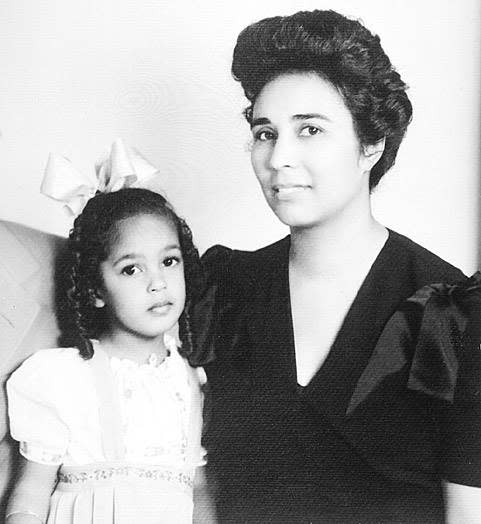
Lucinda Todd
Lucinda Todd was born on May 31, 1903, in Litchfield. She served as the secretary of the Topeka branch of the NAACP and was the first plaintiff to volunteer in the lawsuit Brown v. Board of Education.
"I think in many ways her contributions to this court case have been slightly under the radar," said Nicholas Murray, who is a park ranger at the Brown v. Board of Education National Historic Park. "But it's hard to imagine this court case happening without her."
Todd responded to a Topeka Daily Capital column in 1948 about "militant groups" (NAACP) trying to desegregate education.
"If by wanting my child to have equal education I am being 'militant' then thank God I am militant," Todd wrote, according to the Kansas Historical Society.
When Todd noticed in the spring of 1950 that all-Black schools weren't included in a loan program for school instruments, she protested and fought to change some policies. Soon her daughter Nancy was able to learn violin and piano.
For information, find Todd's page on the Kansas Historical Society website.
Georgia Neese Clark Gray
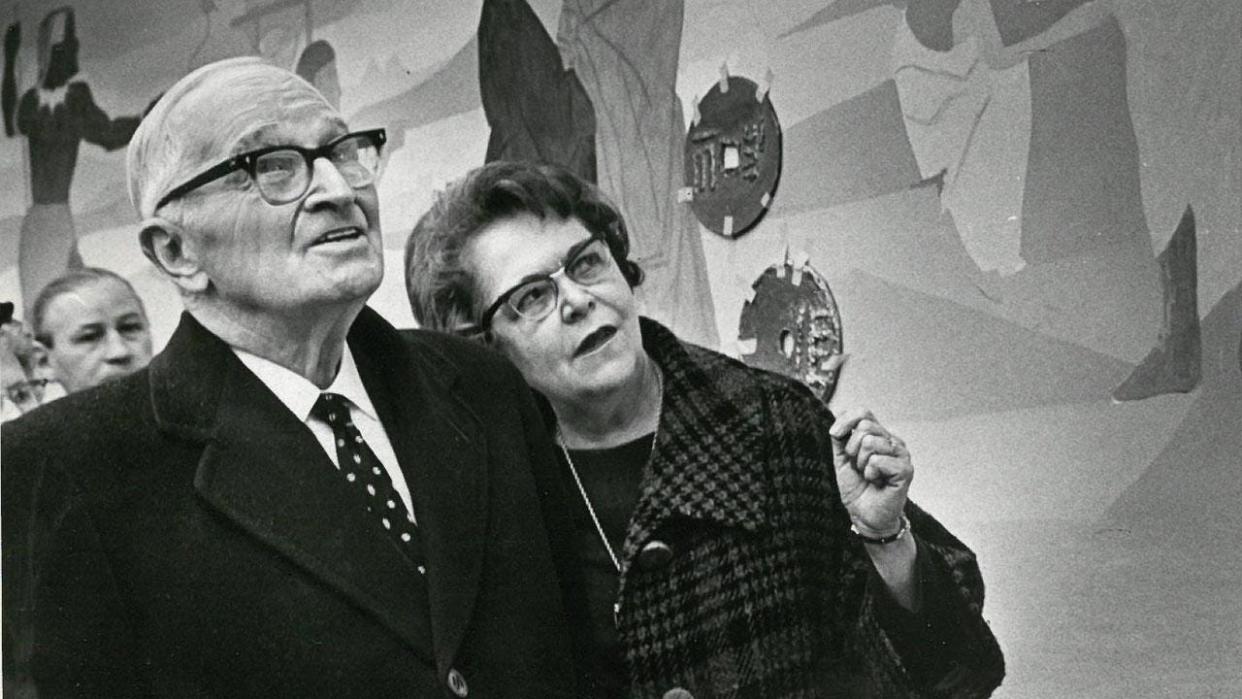
Georgia Neese Clark Gray was the first of her kind. Born on Jan. 27, 1898, in Richland, Gray would eventually be named the first female treasurer of the United States.
During Gray's upbringing, she attended school in Topeka and graduated from Washburn College in 1921.
Gray worked as an actress for almost 10 years and became her father's caretaker, according to the Kansas Historical Society. While caring for her father, she started working at her father's Richland State Bank as an assistant cashier in 1935. She became president two years later after his death.
She began participating in the state Democratic Party and was elected National Committee Woman in Kansas in 1936. Gray held the position until 1964.
"She was an articulate and well-liked representative of the party and an early supporter of Harry Truman," Kansas Historical Society documents said. "It was this support that brought about her nomination as the first woman to be Treasurer of the United States."
She served as so during former President Truman's second term from 1949 to 1953. Her name was known to millions through her signature on all U.S. currency issued while she was in office.
For information, find Gray's page on the Kansas Historical Society website.
Joan Wagnon

Joan Wagnon was born Oct. 17, 1940, in Arkansas. Among the titles she held during her career were Kansas state representative (1983-1994 for District 55), Topeka's first female mayor (1997-2001), secretary of the Kansas Department of Revenue (2003-2011) and the Kansas Democratic Party chair (2011-2015).
She also was twice executive director of Topeka's YWCA.
During her political career, Wagnon said her proudest accomplishments were her efforts to protect women from domestic abuse and the blueprint for children and families.
"When I was growing up, I remember people would say to me: 'You can't do that. Those are jobs for men. They're not for girls,'" Wagnon said. "But all that changed, and it changed for the better."
Wagnon said she is happy with the contributions she made to the community.
"It's a remarkable list, and I'm honored to be part of it," she said.
Teresa Cuevas
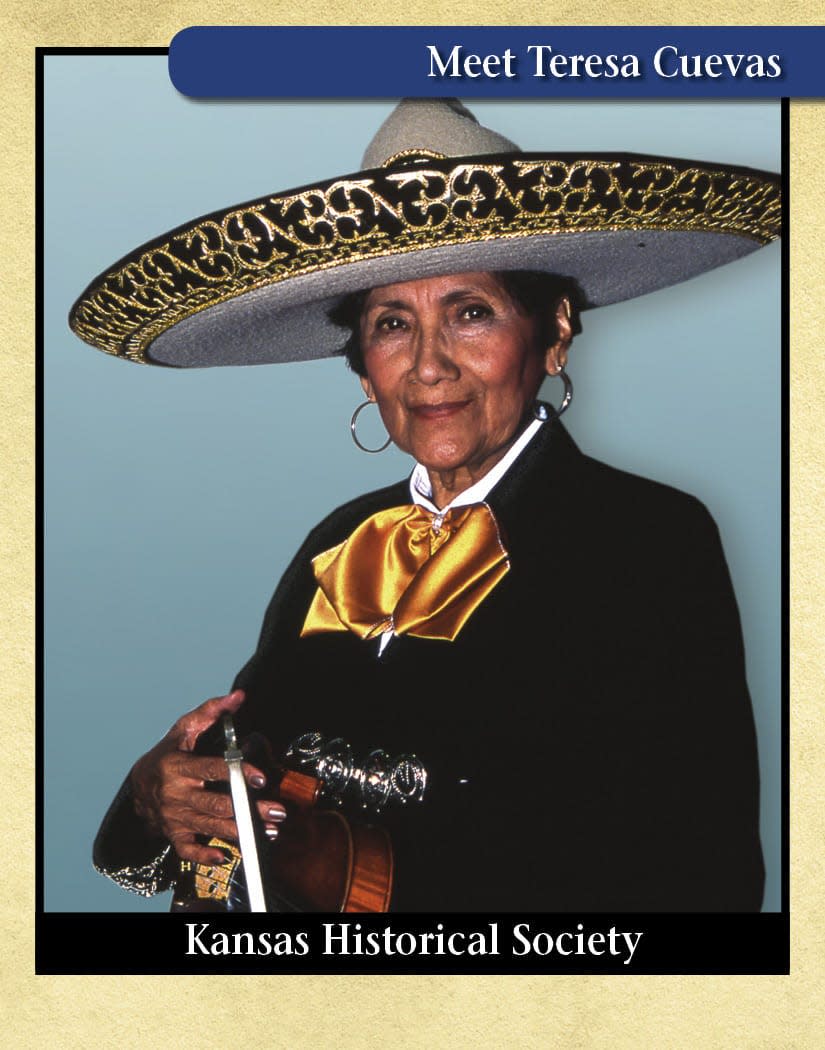
Teresa Cuevas was born April 20, 1920, in Topeka after her parents immigrated from Mexico. She is known for starting one of the first female mariachi bands and being a pioneer of the genre, according to a previous article by the Journal.
Her interest in music started at an early age, according the the Kansas Historical Society. She learned violin in school when she was 8 and played in orchestra all the way through high school.
Because of the time constraints of being a mother, Cuevas stopped playing her violin and didn't start again until she began playing for her church, Our Lady of Guadalupe.
Through her participation at the church, she created the mariachi band, which quickly grew in recognition for being an all-female group. Mariachi historically has been a male-dominated genre but thanks to women like Cuevas, participation from women has become more common.
Cuevas was memorialized in April 2023 with a statue at S. Kansas Avenue in downtown Topeka, making her the first woman to achieve this honor.
For information, go to CJ Online or find Cuevas's page on the Kansas Historical Society website.
Mamie Williams
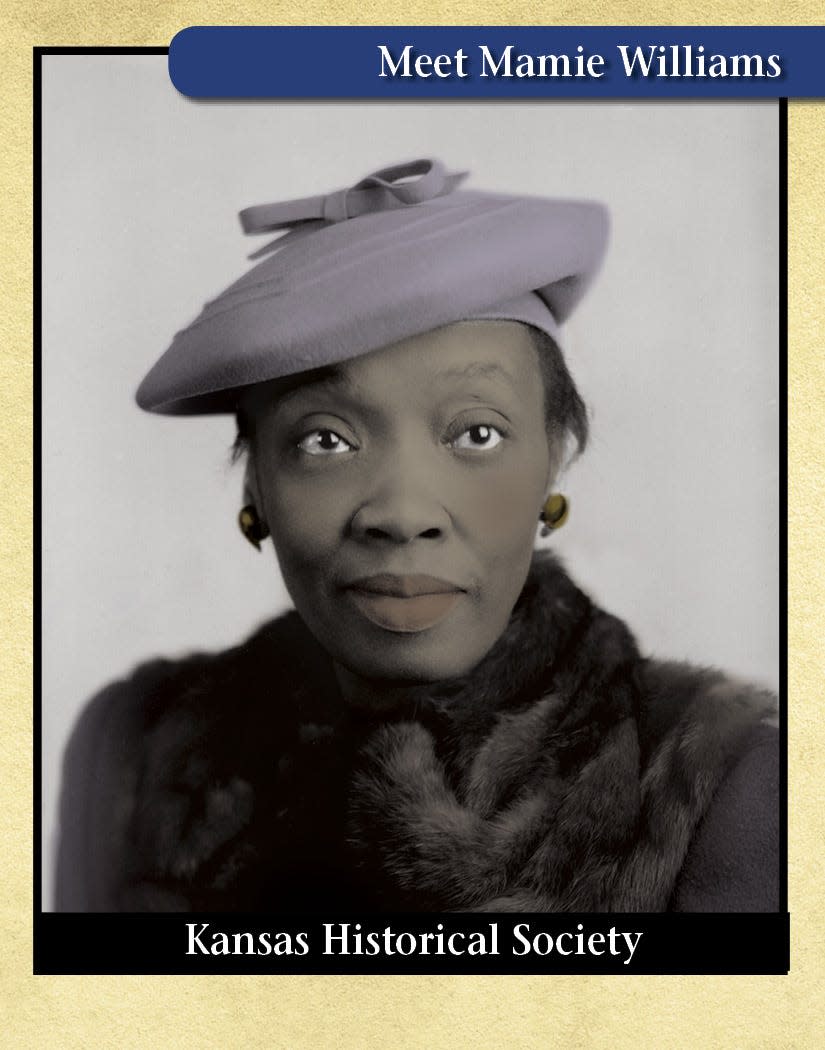
Mamie Williams was born on Dec. 12, 1894, in Greenwood, S.C. She received many accolades for her educational contributions to the Topeka community.
In 1965, Williams was appointed to the Kansas Commission on the Status of Women. She served as a delegate to the White House Conference in 1971 and she received Washburn University's Distinguished Service Award in 1973 and an honorary doctorate in mathematics from Washburn in 1982, according to the Kansas Historical Society records.
In 1900, her family purchased a home on Quincy Street where she spent most of her life after that. This later became the subject of a 1976 TV special, "75 years on Quincy Street."
Williams attended Highland Park School, Garfield School and Topeka High School. She graduated at the age of 16 and was one of three African-American girls who graduated that year. She then continued her education at Washburn University, where she graduated with honors in mathematics and German in 1915 as the only African-American student in her graduating class.
She taught for the Topeka Public School System for 42 years and taught summer courses at Lane College and Texas College. Williams also spent four summers at Columbia University to earn her "Teacher of Education” diploma in 1924.
For information, find Williams's page on the Kansas Historical Society website or her 1976 TV special.
Minnie Evans
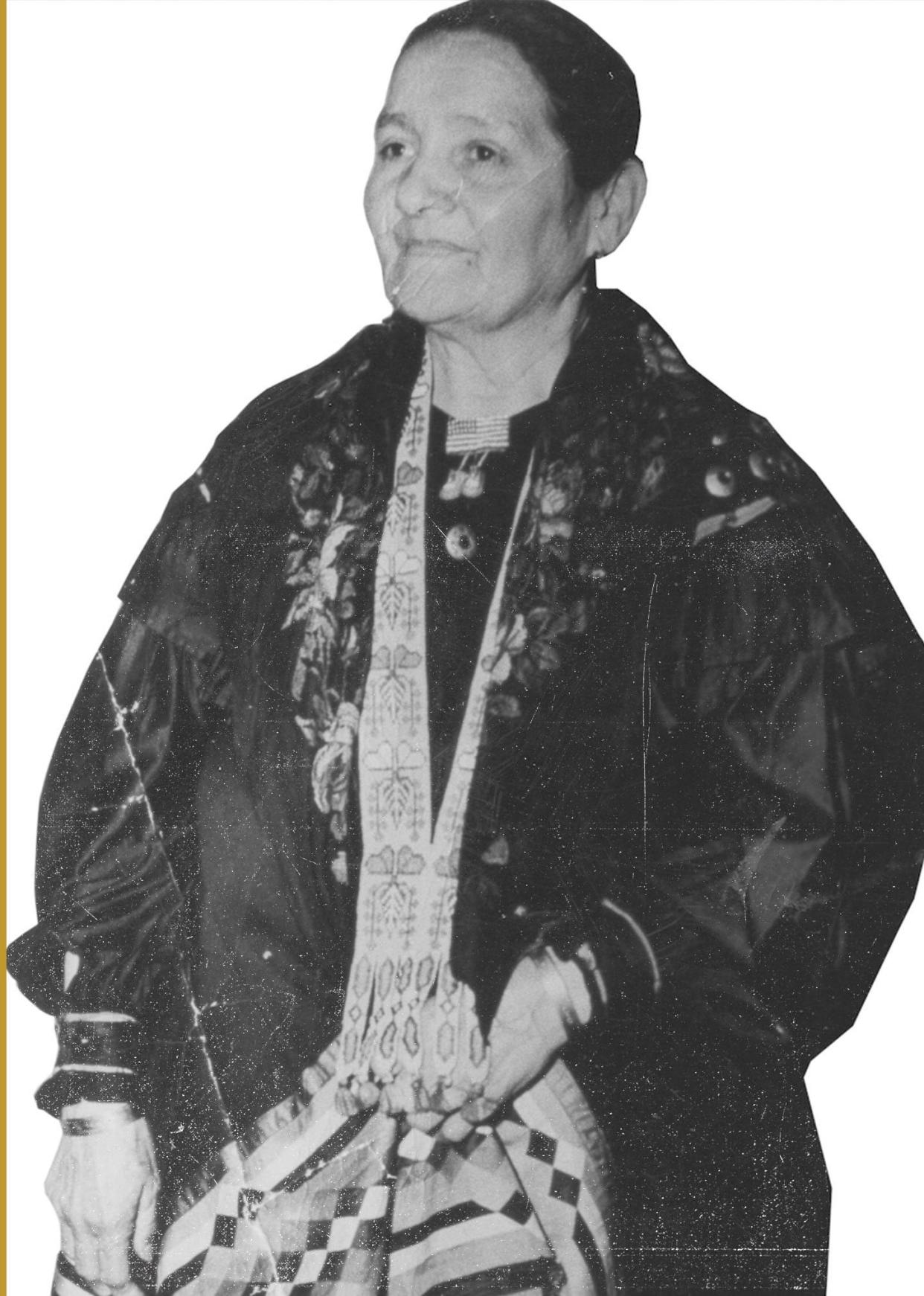
While Minnie Evans (Weshkeenoo) wasn't from Topeka, she lived nearby and attended Haskell Institute in Lawrence.
Weshkeenoo was born in 1888 in Mayetta. She served as the tribal chair of the Prairie Band of Potawatomie Nation, located near Mayetta, starting in 1947 after efforts to preserve the culture of her community.
She succeeded in stopping the termination of her tribe and filing for reparations with the Indian Claims Commission during the Indian termination policy period from the 1940s to the 1960s, according to Justia, a legal database.
"When the government thought it would have its way on treaty claims in the 1940s and termination issues in the 1950s, they did not realize that they would be challenging such a strong fighter and advocate for Potawatomi rights, Ms. Minnie Evans," Prairie Band Potawatomie Nation deputy tribal historic preservation officer Tara Mitchell said. "By not giving in at the negotiation table, she made life better for future generations of Potawatomi people."
Congress passed the Dawes Act in 1887, which broke up and divided native land, according to the national archives. Congress then in 1953 attempted to terminate Potawatomie and other tribes. However, Weshkeenoo successfully opposed it by attending congressional meetings and testifying in Washington, D.C., according to the Potawatomie Nation website.
"We want to remain according to what our treaty reads," Weshkeenoo said, according to congressional transcripts. "That has been violated time and time again, but we still remain there."
For more information on Weshkeenoo and the preservation of the Potawatomi Nation, watch Jackie Mitchell's play "We Fought Termination" or go to the Prairie Band of Potawatomi Nation website.
Who will be next?
History has given Topeka many iconic women over the years. Who among today's female leaders might be recognized down the road? Email solson@gannett.com to share about the women making a difference today.
This article originally appeared on Topeka Capital-Journal: Women's History Month: Topekans blazed trails for others to follow
